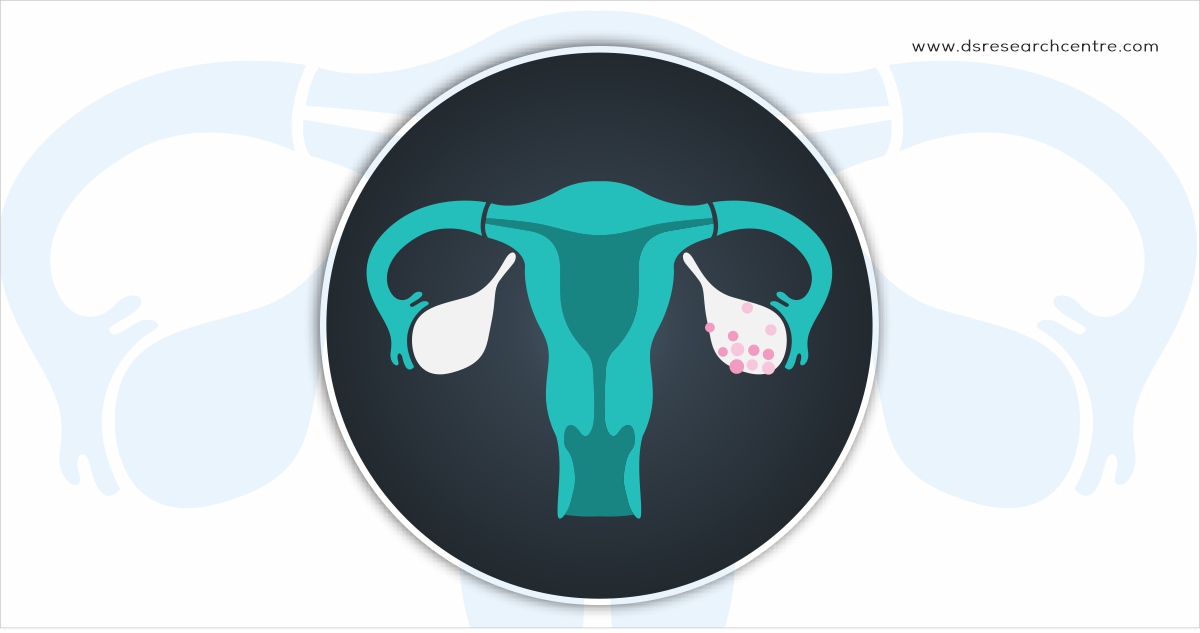
Ovarian cancer is estimated to be the third most common cancer among Indian women and the eighth most common cancer in women globally. It accounts for the most significant number of Gynecological cancer deaths and is often called “the silent killer.”Ovarian Cancer goes unnoticed because there may be no noticeable signs in its early stages. When ovarian cancer symptoms show up they are usually attributed to other, more common conditions like IBS, Ovarian cyst, Premenstrual symptoms, Pelvic infection, menses, etc
Most women who have Ovarian cancer are not aware of the symptoms and many of them may realize they have a problem too late. Ovarian cancer that starts in the ovaries can rapidly spread to the rest of the reproductive system if it is not caught quickly.
Common signs of Ovarian cancer that often get missed
1. Persistent abdominal bloating.
2. Pelvic or Abdominal pain.
3. Due to the proximity of the Ovaries to the Bladder, Changes in the Ovaries can affect the Bladder and can show up Urinary symptoms like Feeling pressure or pain in the bladder, frequent urination, a sudden strong sense of urgency to urinate, Urine leaks, etc
4. Menstrual changes such as heavier bleeding than normal or irregular Vaginal bleeding; Abnormal Vaginal discharge can be a symptom of ovarian cancer.
5. Changes in Bowel habits: A growing tumor may put pressure on the intestines, causing changes in bowel habits like indigestion, constipation, and diarrhea.
6. Appetite changes like loss of appetite, Indigestion, feeling full even after eating a small amount, Nausea, or vomiting. Other symptoms of Ovarian Cancer include exhaustion, back pain, Painful sex (dyspareunia), Unintentional Weight loss, etc.
Knowledge of Ovarian cancer risk factors is very important since it can facilitate participation in screening programs and early detection.
One key risk factor for Ovarian Cancer is age. The risk gets higher with age. It is rare in women younger than 40. Most ovarian cancers develop after menopause. Longer menstrual phase i.e Early age of onset of menses and late age of menopause. This means a greater number of ovulation cycles, which increases the risk. Having children later or never having a full-term pregnancy, taking hormone replacement therapy to alleviate symptoms associated with menopause. Having a family history of ovarian cancer, breast cancer, or colorectal cancer increases the risk of ovarian cancer. Obesity is a risk factor since fat is a source of estrogen hormone which increases the risk of ovarian cancer. A significant risk factor for ovarian cancer is an inherited genetic mutation in one of two genes: breast cancer gene 1 (BRCA1) or breast cancer gene 2 (BRCA2). These genes are responsible for about 10 to 15 percent of all ovarian cancers.
For Screening of Ovarian Cancer, The two tests used most often (in addition to a complete pelvic exam) are transvaginal ultrasound (TVUS) and the CA-125 blood test. Other tests include a CT Scan of the Abdomen and Pelvis, MRI Scan, and PET CT Scan. An ovarian biopsy is a diagnostic test to determine if you have ovarian cancer.
Ovarian cancer can go undetected for years without revealing its existence, since its symptoms are vague and it often does not get identified in its early stages . Knowing the early signs of Ovarian Cancer can help with its diagnosis and can increase the chance of survival.








Posted on April 15, 2016
Posted on April 15, 2016